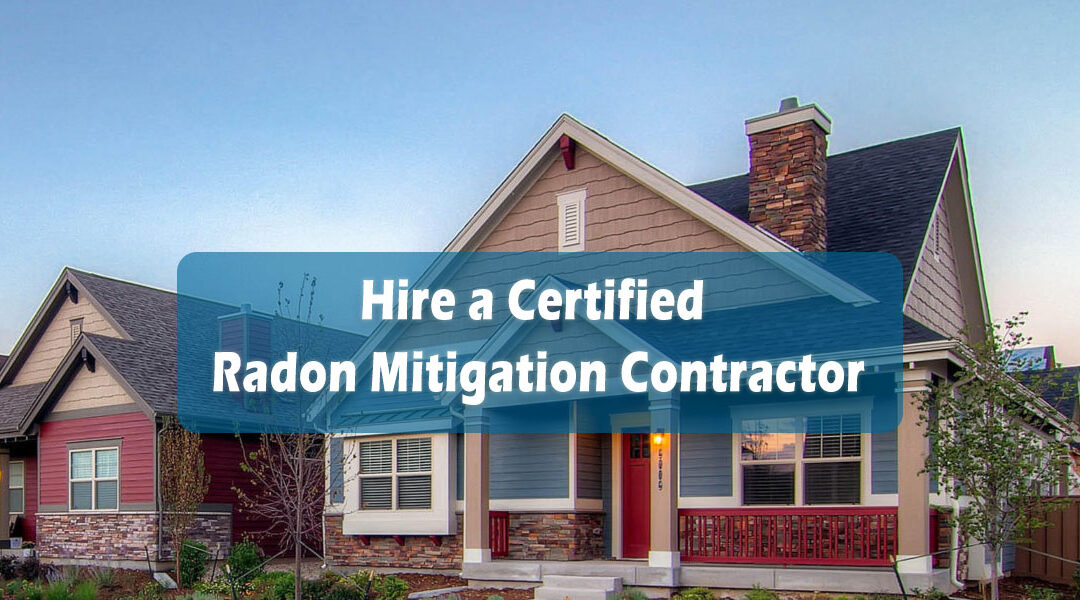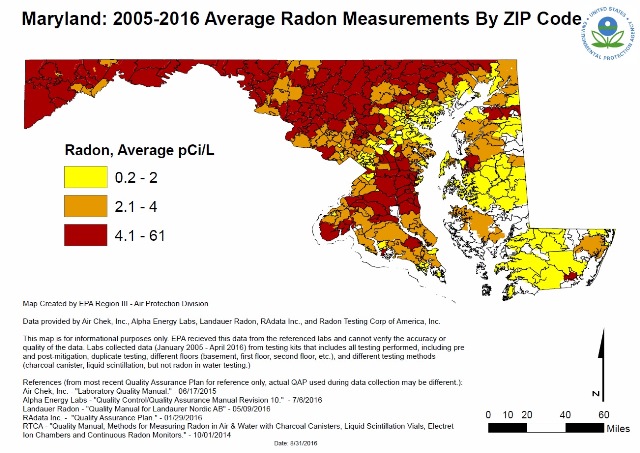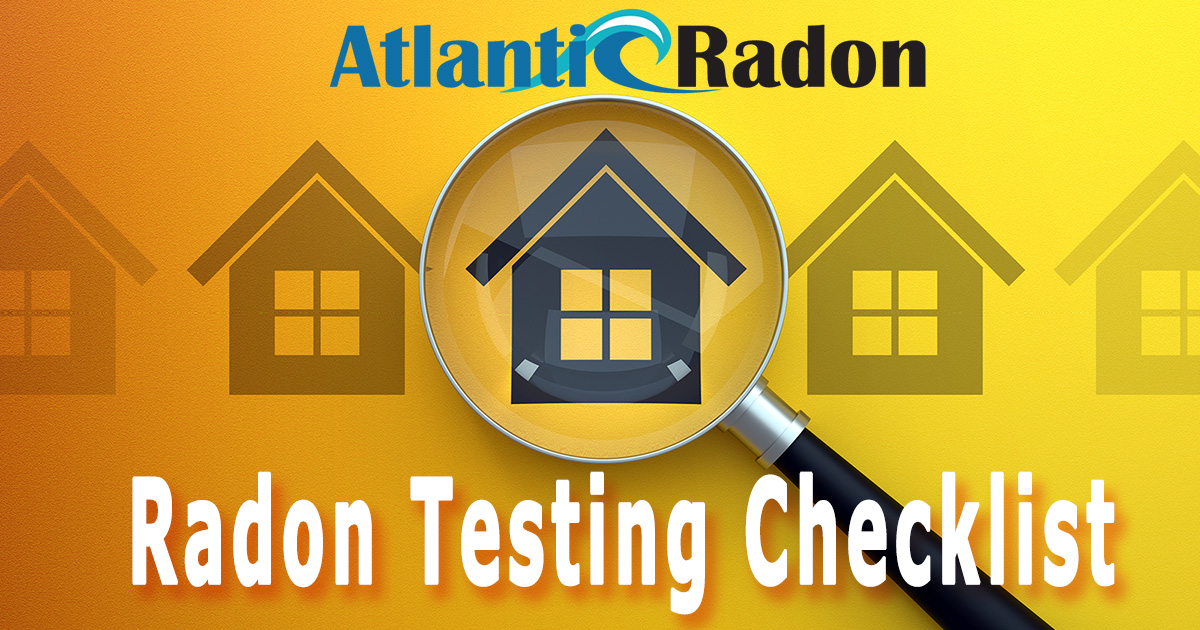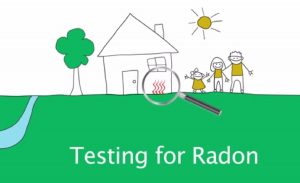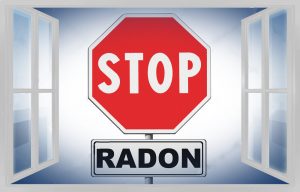Radon exposure imposes a risk of causing lung cancer. Although radon cannot be eliminated, having a lower radon level at home lowers the risk of having lung cancer. Radon level is measured in the air using the unit “picocuries of radon per liter of air,” or “pCi/L.” while other test results are expressed in Working Levels, “WL”. It is typical at home to get a level of 0.02 WL or 4 pCi/L.
It is recommended to have a radon level of less than 4 pCi/L (or 0.02 WL) at home. Any level higher than the recommendation is potentially harmful to your health. Controlling radon levels at home through radon mitigation activities is more efficient now than before. In fact, in areas with a high level of radon, radon level can lower to 2 pCi/L or below through the advancement in technology.
The EPA recommends that homeowners contact certified and qualified radon mitigation contractors only. The reason for such is that lowering and controlling high radon levels requires technical knowledge and skills gained through training and years of experience. The lack of knowledge as to the nature of radon gas, as well as the needed tools to lower its level, can potentially worsen a controllable situation. It is important to ask your contractor for certification and to read customer reviews to give ensure you would get the best service you deserve.
More states require certified and/or qualified radon mitigation contractor to attend to radon concerns. But how would you know if your contractor is certified and/or qualified?
- Contact your state radon office or check your state website for listed radon professionals. Many states require radon professionals to be licensed, certified, or registered. This controls the number of bogus radon businesses that can potentially harm homeowners with their practices.
- Check your contractor’s website and look for certification seals. Certified radon professionals would usually post their certification seals or professional affiliations on their website to attract customers. But still, make sure to validate your contractor’s certification.
- Read customer’s feedback and rating. This is a firsthand look into how well your contractor does their service. You can even ask their previous customers through email or chat about their experiences.
Regular radon testing and radon mitigation by professional radon inspectors are needed especially in areas with a high concentration of uranium, thorium, and radium. At Atlantic Radon, we provide quality radon testing and radon mitigation services. Keep your family safe from Radon. You can schedule a radon testing in Annapolis, Columbia, Crofton, Ellicott City, Gaithersburg, and Severna Park, MD with us. It is important to make sure your home is safe from radon. To learn more about radon testing in Annapolis, Columbia, Crofton, Ellicott City, Gaithersburg, New Market, Severna Park, and Urbana, MD fill out our contact form today.

